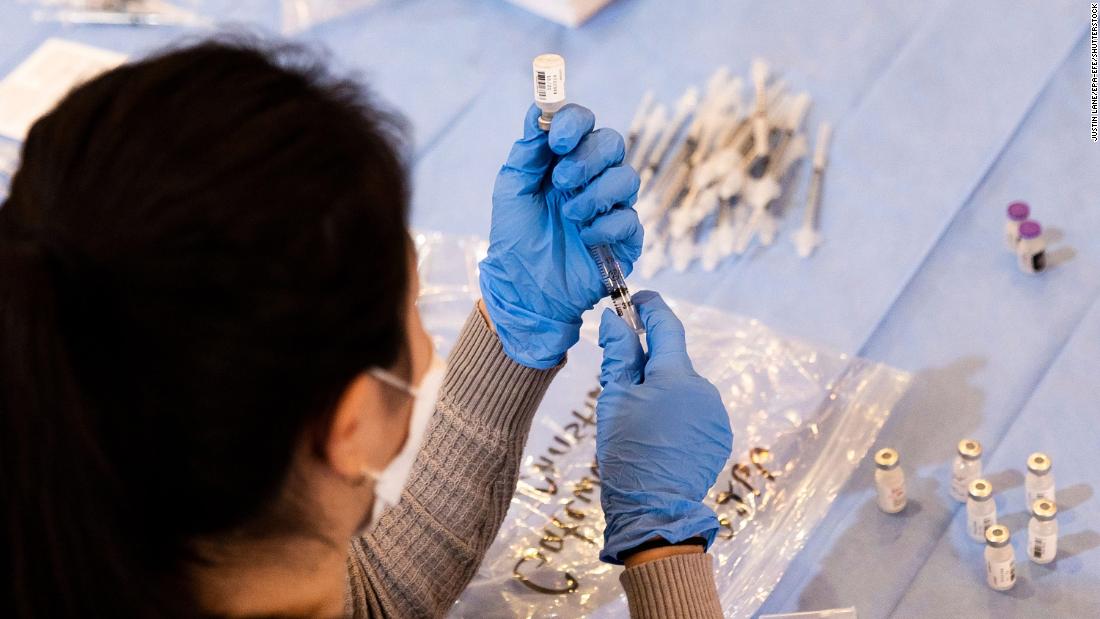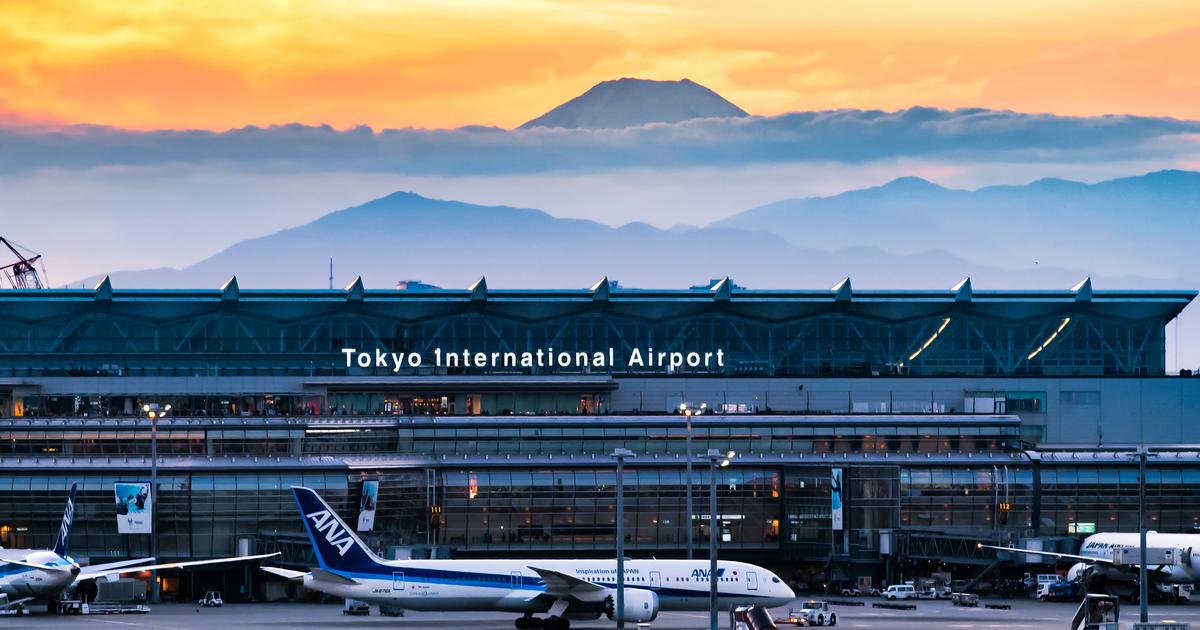Will a third vaccine against covid-19 arrive in the US?
1:24
(CNN) -
Coronavirus infections in the US are still declining and more Americans are getting their vaccines, but the variants could cause complications in the coming weeks.
Several experts predicted on Tuesday that the highly contagious B.1.1.7 variant first detected in the UK is likely to drive another spike in cases in just a few weeks.
"It could result in a wave in, say, April or May than we would have expected otherwise," Trevor Bedford of the University of Washington and the Fred Hutchinson Cancer Research Center said during a center-sponsored briefing.
"But I still suspect that things will be under control in the summer and there will be very little virus circulating."
The expected increase is the reason why many experts have highlighted the need to redouble security measures such as the use of face masks, social distancing and avoiding crowded areas.
Helping reduce cases will also give the virus less of a chance to spread further and mutate, experts have said.
Vaccinating as many people as possible will also go a long way to curbing any sudden spikes, but Dr. Josh Schiffer, Fred Hutchinson's infectious disease specialist, said the new infectious variants make it "difficult to prevent a fourth wave entirely. ».
advertising
To speed up vaccinations, one report suggests the US should consider skipping second doses for now.
People 65 and older should come to the front of the line, as they are by far the most vulnerable to serious illness and death, according to a recommendation from Mike Osterholm and colleagues at the Center for Infectious Disease Research and Policy. from the University of Minnesota.
The group asked vaccine advisers from the Food and Drug Administration (FDA) and the Centers for Disease Control and Prevention (CDC) to convene quickly and determine whether the data supports the group's recommendations, including postponement. of the second dose of the vaccine until after the next surge.
"There is a rapidly closing and narrow window of opportunity to use vaccines more effectively and potentially prevent thousands of serious cases, hospitalizations and deaths in the coming weeks and months," the report said.
Officials, including Dr. Anthony Fauci, have said in recent days that the US continues to vaccinate people with both doses and close to recommended schedules, and Fauci told CNN earlier this week that "the science points directly to continuing what we know about the clinical trial.
LEE
: "We have done worse than most other countries," says Fauci as the United States reaches a dismal death toll from covid-19
Preliminary investigation raises concern about variant in California
So far, more than 1,900 cases of coronavirus strains first detected have been reported in the UK, South Africa and Brazil in the US, CDC data shows.
The vast majority of those cases, around 1,881, are of the B.1.1.7 variant that worries experts and that the CDC previously warned could become the predominant variant next month.
Meanwhile, two studies to be published soon also raise concerns about the impact of the variant in California.
Studies suggest that the variant might not only be more contagious, but it can also cause more serious illness.
But the research is in its early stages, has not been published or peer-reviewed, and needs more work, the researchers emphasized.
A team from the University of California, San Francisco analyzed virus samples from recent outbreaks across the state and found that it was becoming much more common: Although it was not seen in any September sample, as of late January it was found in half. of the samples.
The researchers also found some evidence to suggest that the variant is more dangerous, writing in a report that they observed "greater severity of disease" associated with the variant, including "an increased risk of a high oxygen requirement."
A second team from Unidos en Salud - a volunteer-led collaboration between the University of California, San Francisco and other groups that offers rapid tests for covid-19 in San Francisco's Mission District - screened more than 8,800 people in January and sequenced the virus from more than 630 positive samples.
They also found a rapid increase in variant.
LEE
: Fauci: "It was painful when people described the pandemic as a farce while the hospitals were overflowing with patients"
FDA May Agree to Store Pfizer Vaccine at Standard Temperatures
Concerned about the variants, US officials continue to work to increase vaccines.
The New York Times
reported Tuesday that the FDA plans to authorize a request from Pfizer to allow the vaccine manufacturer to store its vaccines at normal freezing temperatures instead of the ultracold levels required thus far.
Pfizer and its partner BioNTech submitted data to the FDA on Friday showing that their vaccine can be safely stored at temperatures above those currently required for long-term storage.
The New York Times
quoted two sources familiar with the companies, who requested anonymity, as saying that the FDA informed the companies that it would approve that request.
The move could greatly ease logistics not only for companies, but also for the federal government, states, and other groups that have been working to distribute those vaccines.
That news comes as Pfizer and Moderna pledged to make a combined 220 million doses available for shipment in late March.
Meanwhile, Johnson & Johnson, which could get the green light for its own covid-19 vaccine from the FDA later this week, has pledged to make 20 million doses available in that same time frame.
So far, about 44.5 million Americans have received at least their first dose of the Covid-19 vaccine, according to CDC data.
More than 19.8 million have been fully vaccinated, just over 6% of the US population.
Among one of several challenges states face in giving injections are racial disparities.
LEE:
The inequality in the vaccine against covid-19 could cause a “mortal consequence”, warns the Red Cross
In California, officials said they will make changes to the COVID-19 vaccine designation system statewide after outsiders used the access codes distributed to underserved communities to secure vaccines.
Recent data shows that black and Latino residents have together received 19% of the state's vaccine doses, while they account for nearly 60% of California's COVID-19 cases.
In contrast, white residents have received 32.7% of vaccine doses, while they account for about 20% of the state's cases.
CNN's Maggie Fox, Sarah Moon, Cheri Mossburg, Amanda Sealy, and Michael Nedelman contributed to this report.
Covid-19







/cloudfront-eu-central-1.images.arcpublishing.com/prisa/KMEYMJKESBAZBE4MRBAM4TGHIQ.jpg)


